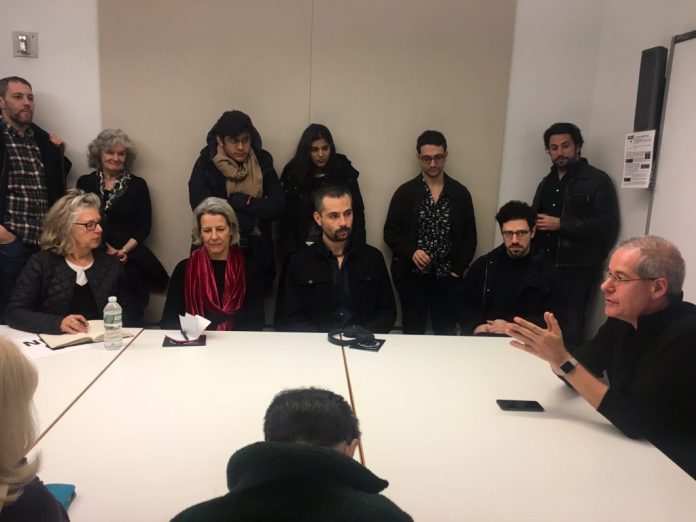Lockdown has trashed businesses and made economies shrivel. But I wonder if its most lasting legacy will be ethical. It has eroded agency. It has made us less moral, less ourselves, and hence more manipulable.
By Charles Foster
- The other day I met a friend in the street. We hadn’t seen one another for over a year. We mimed the hugs that we would have given in a saner age, and started to talk. ‘There’s nothing to tell you’, she said. ‘Nothing’s happened since we last saw you. And that’s just as well, because, as you’ll find, I’ve forgotten how to talk, how to relate, and how to read ordinary cues. We’ve not been out. We’ve not changed anything. I wonder if we’ve been changed?’
- Another friend. ‘Zoom’s great, isn’t it? You switch off your camera and your microphone, and the meeting just goes on perfectly happily without you. Everyone thinks you’re there. Your name’s up on their screen. But you are just getting on with your own business.’
A couple of lockdown conversations:
And a lockdown fact: Lockdown has been great for book sales. 2020 saw an estimated rise of 5.2% in volume sales of print books in the UK compared with 2019 sales. This was the biggest annual rise since 2007: Unsurprisingly, staying inside our houses means that we are staying inside our own heads – or the heads of the people whose books we increasingly read. We have pruned our external relationships – sometimes to extinction – and so seek relationships with authors and their characters. But real relationships, for embodied beings, require the meeting of bodies. Most real, significant information – the sort of information that affects our decision-making – is conveyed not by words but by the inchoate transmission, reception, and processing of subliminal clues. Most of those clues cannot be borne across the internet. Internet-mediated decision-making, then, is not fully informed decision-making.
The surge in book sales speaks of a new vicariousness. We’re living our lives through others. That’s a worry. Selves, like everything else, need maintenance. If we get others to do our living and feeling for us, we’ll wither. There will be less of us. If agents wither, so does agency. And agency, like everything else, needs practice. If, like the first friend, you’ve not made any decisions for a year – not changed anything, to use her words, you’re less of an agent. It’s not surprising that, like the second friend, many of us have decided to opt out of even the limited opportunities to influence events that are allowed by the truncated processes of internet decision-making.



